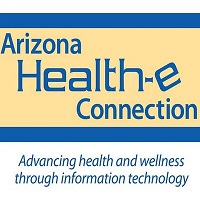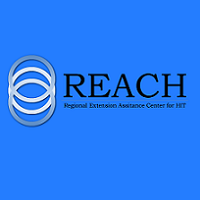The Health Information Technology Extension Program authorized by the HITECH Act awarded grants for HIT Regional Extension Centers (RECs) and a national HIT Research Center (HITRC). A total of 62 awards were granted. As the goals and the programs have been achieved, many of the centers are changing directions or closing all together. Here is news on centers that are closing.
 Arizona REC Winding Down and Will Close June 5, 2016
Arizona REC Winding Down and Will Close June 5, 2016
The Arizona Regional Extension Center (REC) will be winding down its operations this spring and will close operations on June 5, 2016. The REC, which has assisted more than 3,200 Arizona providers with Meaningful Use, began in April 2010 with an original grant of $10.8 million, later increased to $11.5 million with the addition of critical access hospitals and rural hospitals to its scope of work. Originally slated to close on April 5, 2014, the REC was granted no-cost extensions in 2014 and 2015 to continue its work assisting Arizona providers in meeting Meaningful Use. The REC has changed the Arizona health IT landscape. It will close having achieved 90% of the original goal of assisting priority primary care physicians (PPCPs) and 100% of the original goal of assisting critical access hospitals and rural hospitals. Read more…
 REACH and the National Regional Extension Center Program Conclude Minnesota and North Dakota Clinics and Hospitals Advance Use of EHRs
REACH and the National Regional Extension Center Program Conclude Minnesota and North Dakota Clinics and Hospitals Advance Use of EHRs
The Regional Extension Assistance Center for HIT (REACH) celebrated the success of clinics and small hospitals in Minnesota and North Dakota that have advanced their ability to use electronic health records (EHRs) to improve patient care, as the national regional extension center (REC) program and REACH concluded on April 7. The final REACH program report is available online. During its six years of service to improve care by implementing and using EHR systems, the REACH program worked with nearly 5,100 clinicians at 662 clinic locations, and assisted 121 critical access and rural hospitals to achieve Stage 1 meaningful use through the federal incentive payment program for health care providers. Stage 1 meaningful use focused on using the EHR to capture and share data. REACH worked across the two states, primarily with small health care organizations and those providing care to the underserved, such as community health centers and rural care providers. These providers generally lagged behind in EHR adoption because of their size and resource limitations. Read more…
